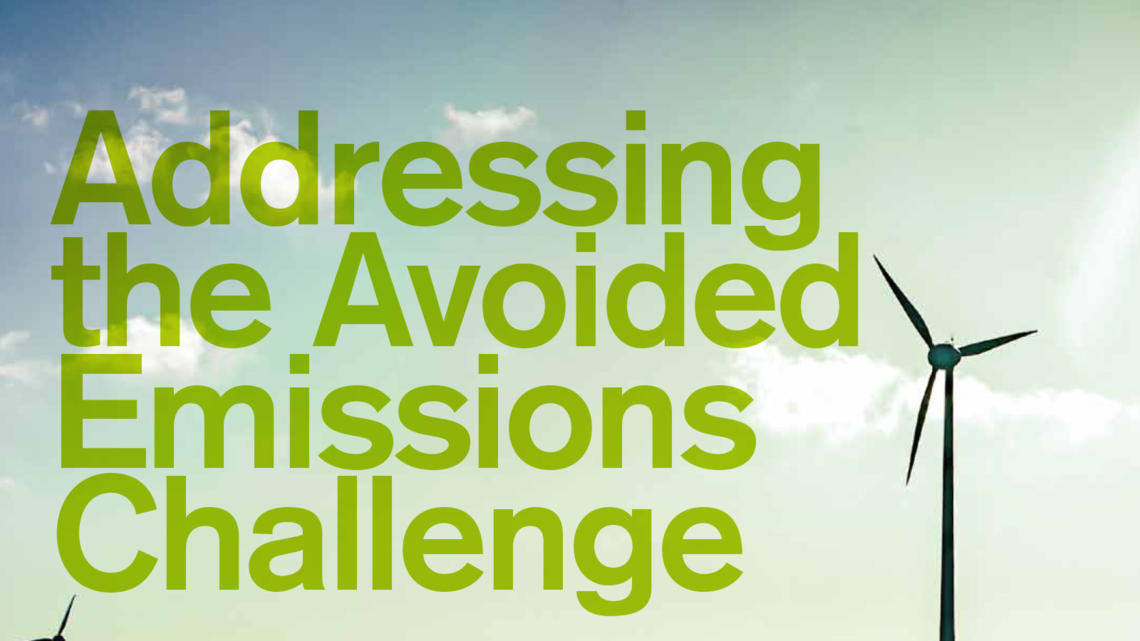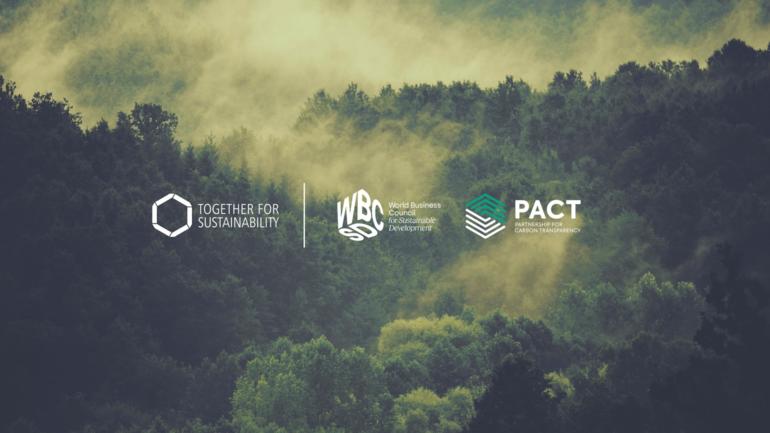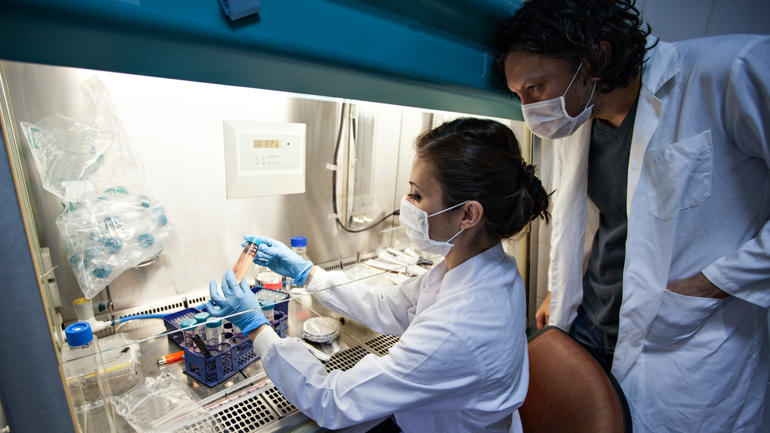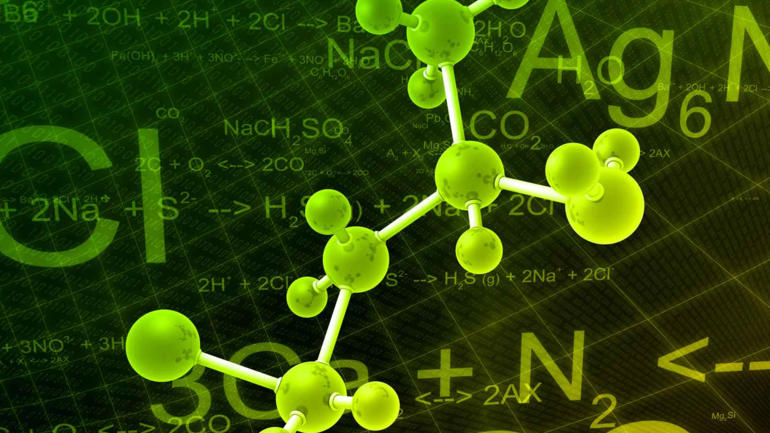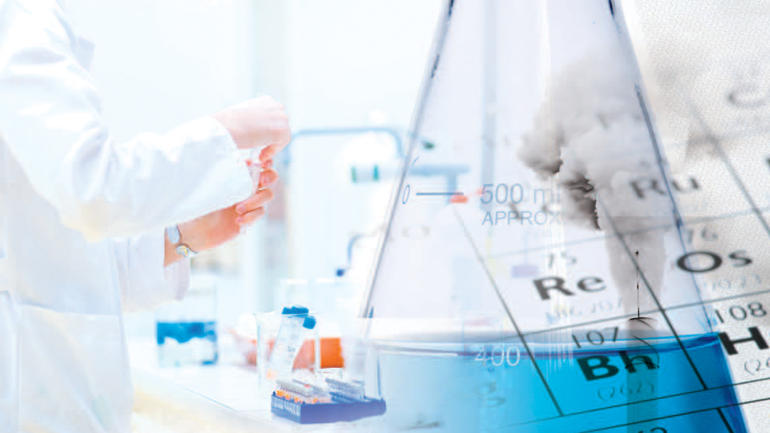Brussels, Geneva, 21 October 2013 – The comprehensive 60-page document provides guidelines on how to calculate emission reductions in the value chain, by comparing two solutions with the same user benefit. The difference in emissions between two alternative solutions are the greenhouse gas emissions that the industry can avoid.
“We believe these guidelines are an important step to assess and communicate our contribution to improve the sustainability of our society. The earth we live on is a precious resource for all, and the chemical industry is part of the life cycle of most everyday goods,” said Juhan Robberts, chair of the LCA task force within ICCA.
Since many chemical products are intermediates, it has been difficult to calculate emission reductions in the complete value chain, including from downstream activities. As part of a value chain, chemical products can assist emission reductions, but are not solely responsible for them. That is why many leading chemical companies called for sector guidelines on calculating emission reductions enabled by chemical products.
In response, the ICCA and the WBCSD Chemical Sector project, called Reaching Full Potential, formed a task force in early 2012 to develop practical guidelines to improve consistency in the assessment and reporting of avoided emissions. The task force drew upon existing life cycle assessment (LCA) studies, company presentations, and expertise from participating chemical companies. Its work culminated in the joint guidelines released today.
“We see an opportunity and responsibility to reduce GHG emissions throughout society. We hope that other industries facing similar challenges may also benefit from these new guidelines,” said Andrea Brown, Director of Chemicals at the WBCSD.
Minimizing environmental impacts whilst furthering developments in science and technology for people to live longer, healthier and more prosperous lives, is critical to a sustainable future. The chemical industry contributes to almost every modern technology, and has long been developing innovative products that improve sustainability. With that in mind, the industry supports the use of life cycle assessment (LCA) methodologies because these enable the assessment of companies to measure the environmental impact of products and technologies over their complete life cycle, including production, use and end-of-life handling.
Download the guidelines here
Contact Details:
James Pieper, Cefic, +32 2 676 7398 or jpi@cefic.e
Andrea Brown, WBCSD, +41 22 839 3189 or brown@wbcsd.org

